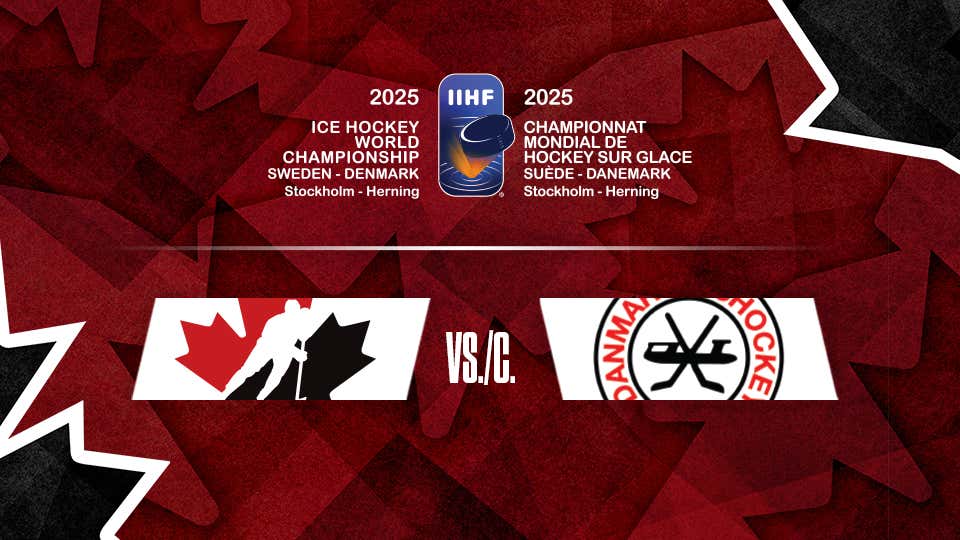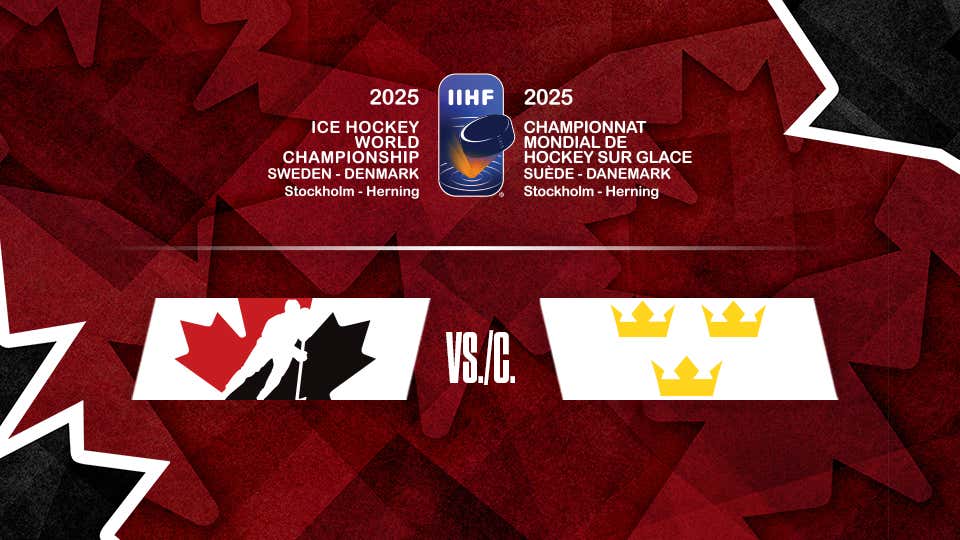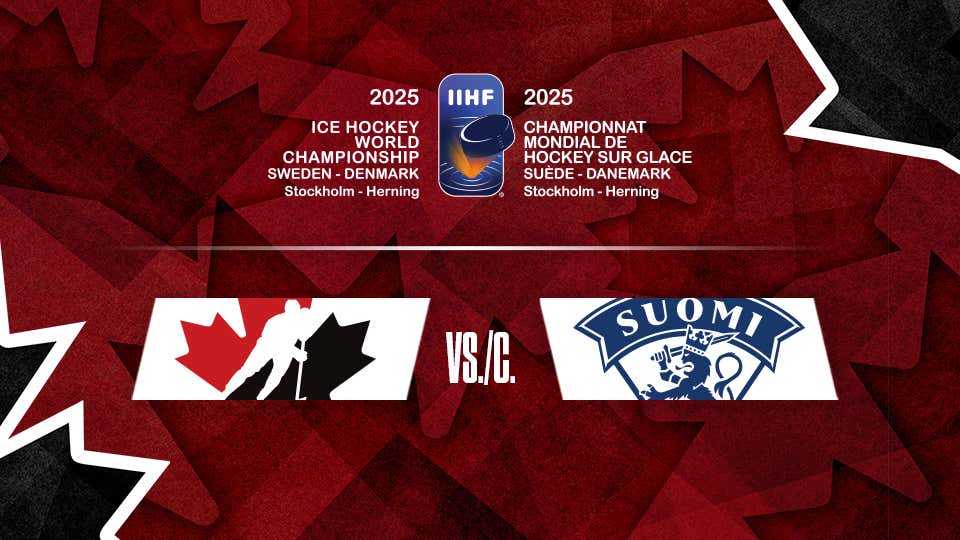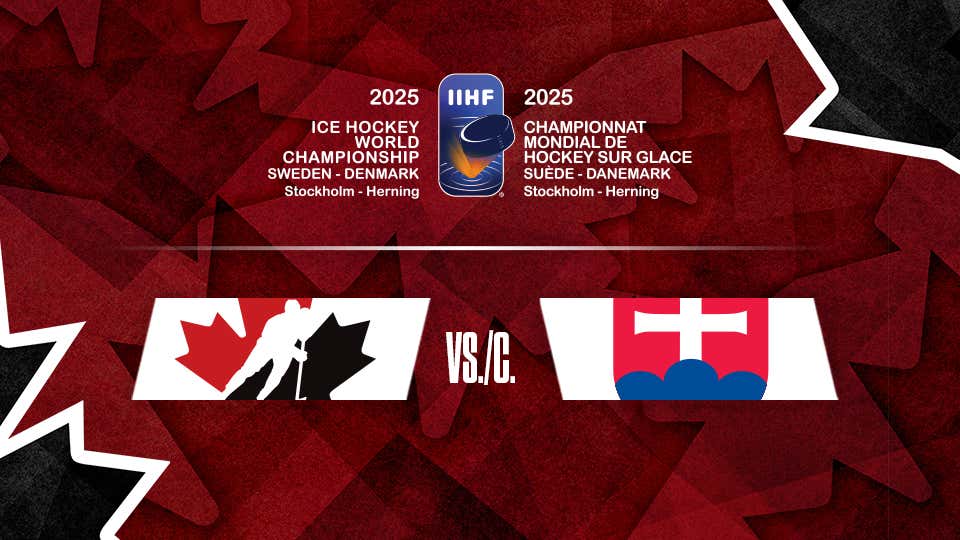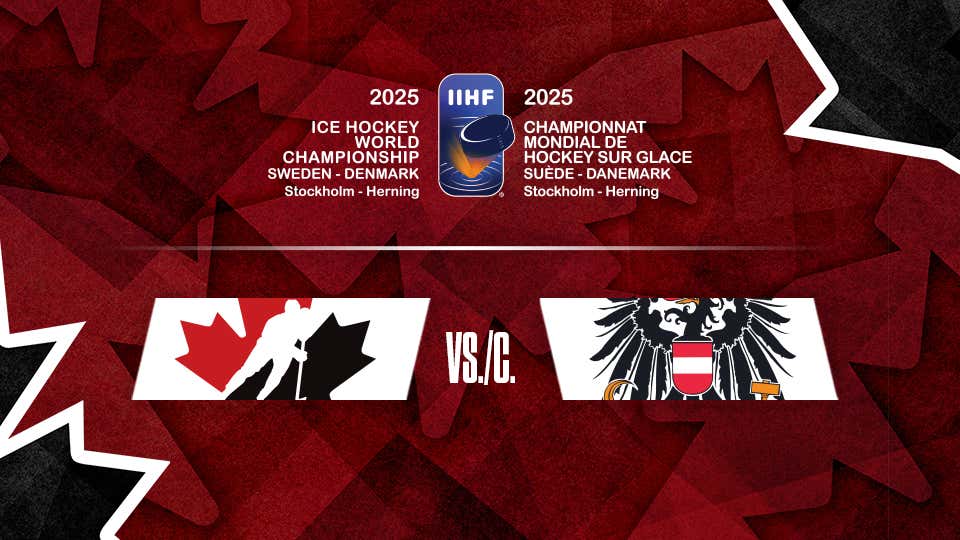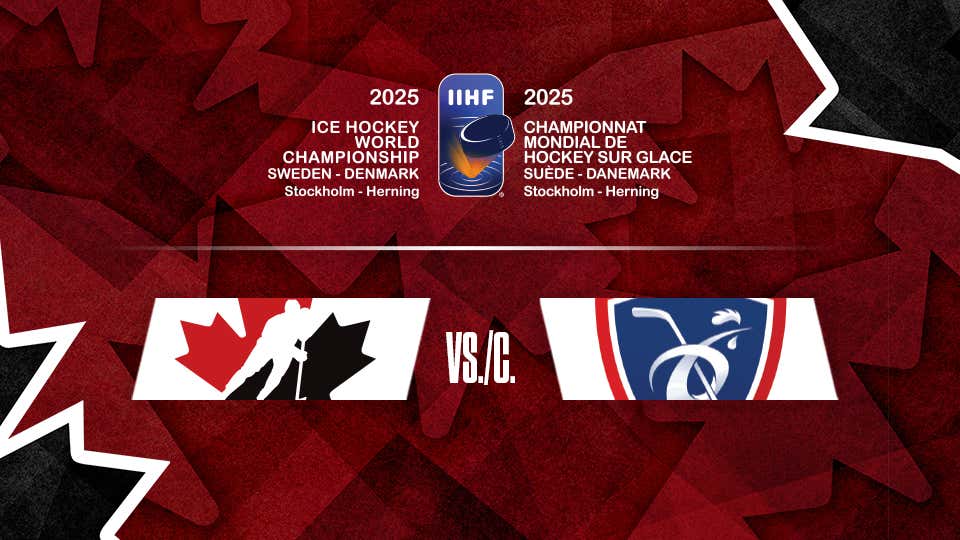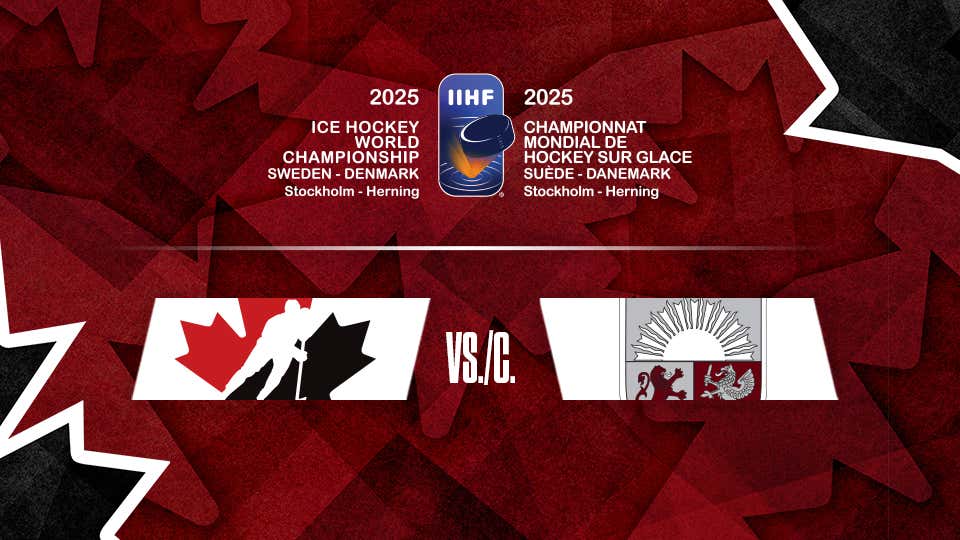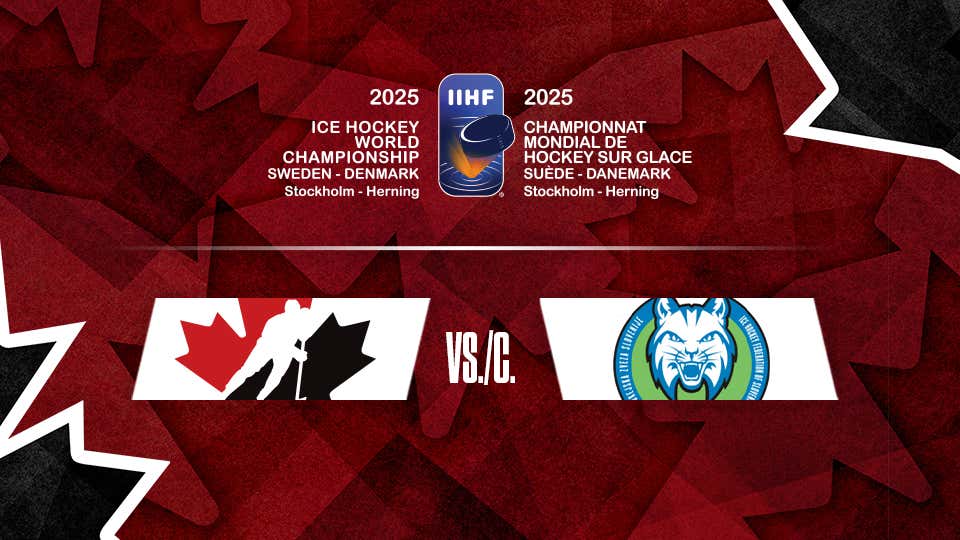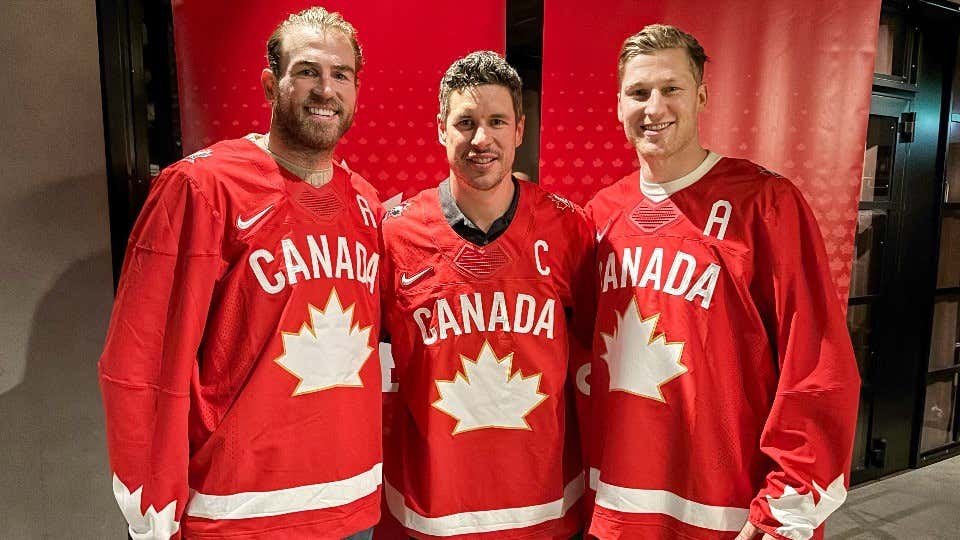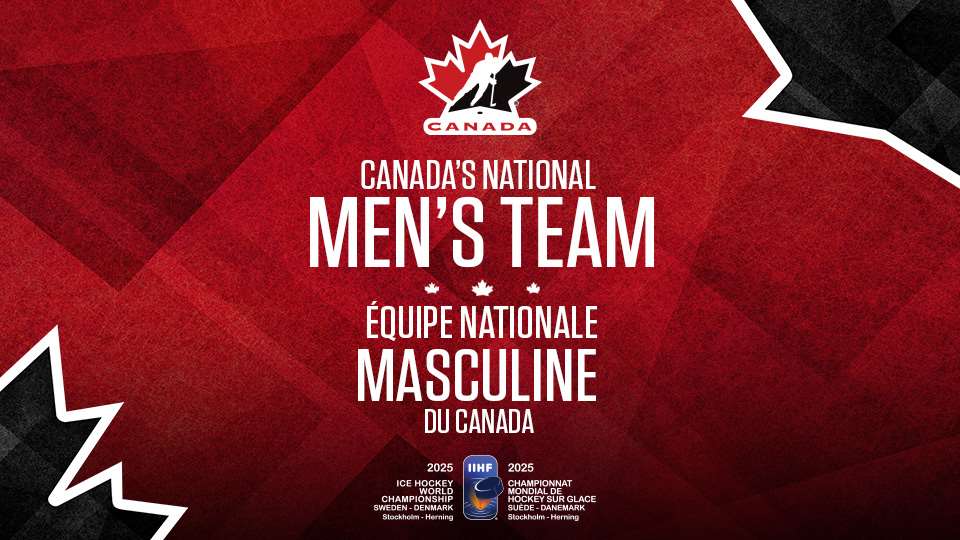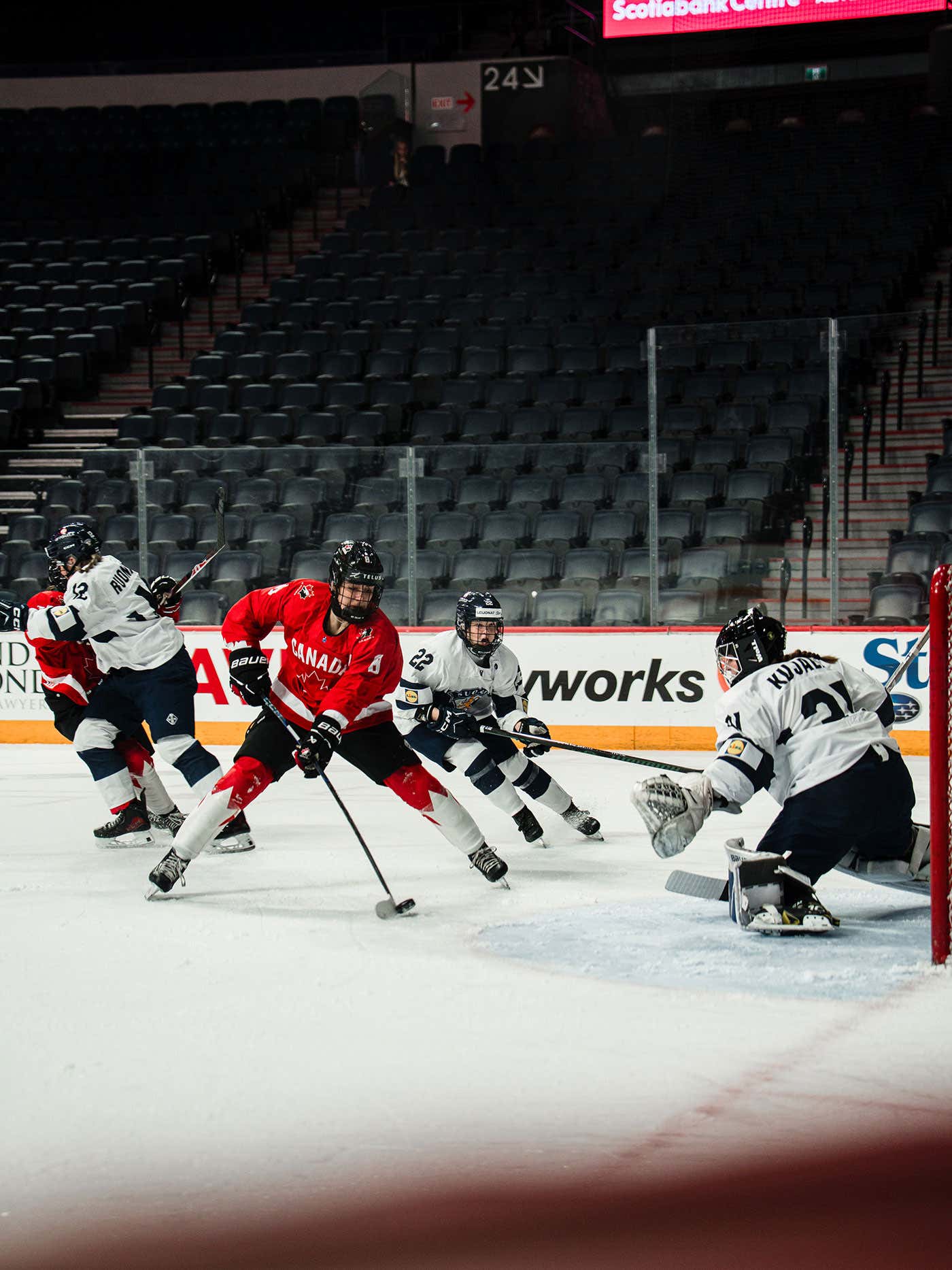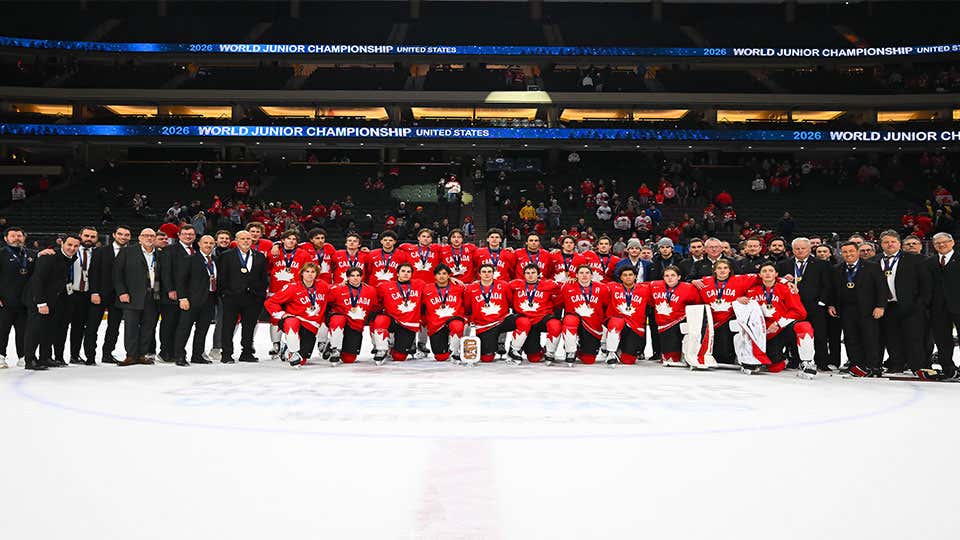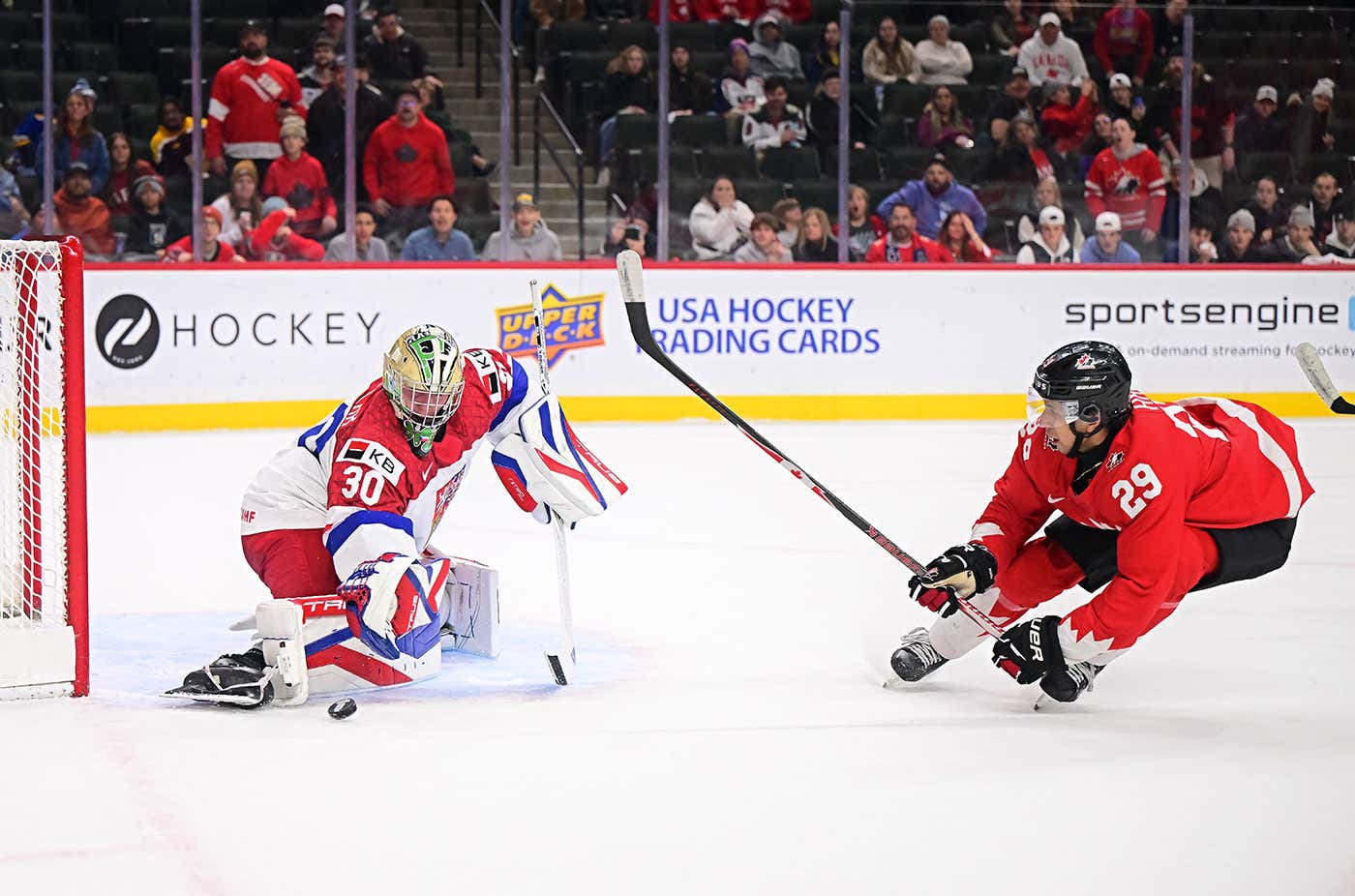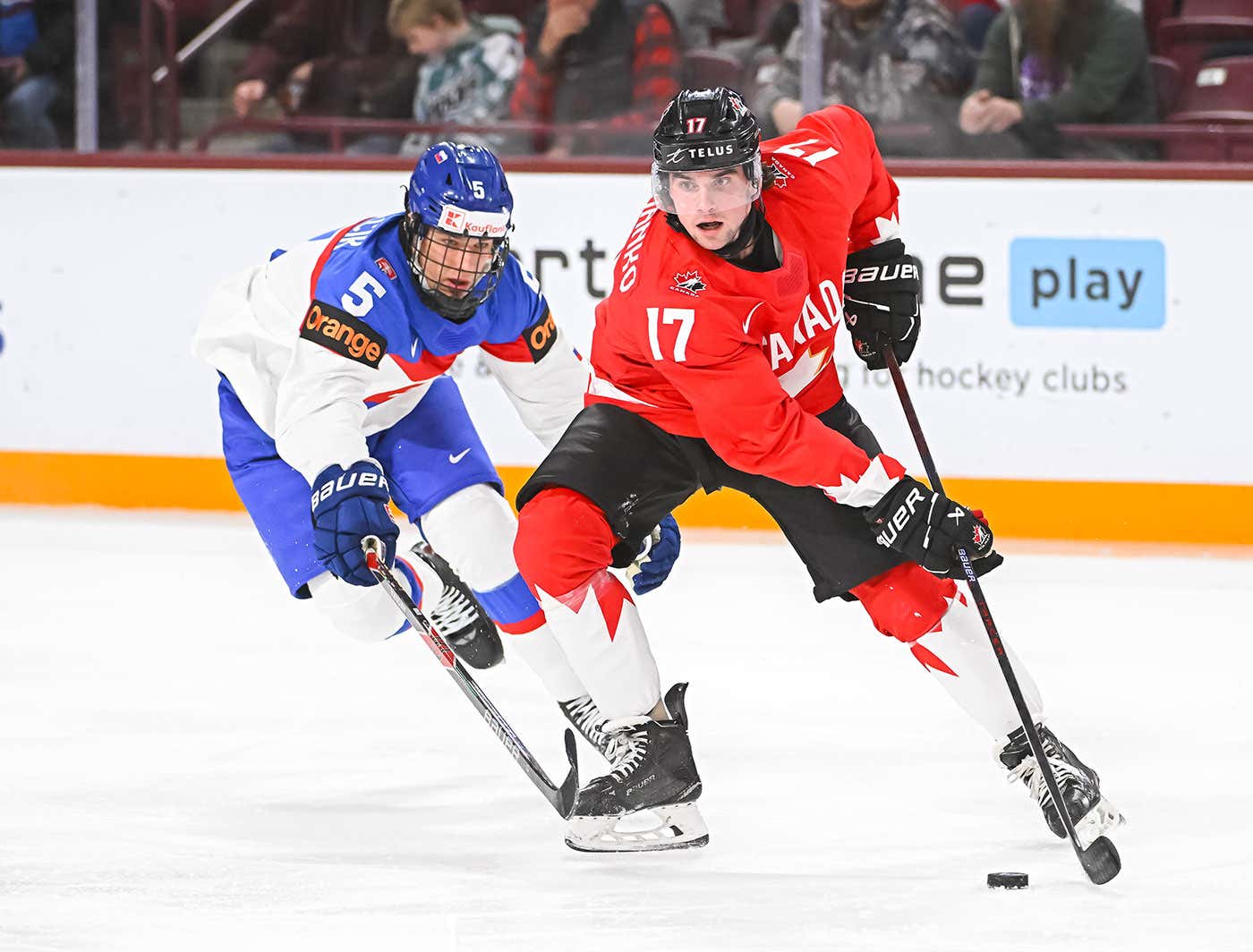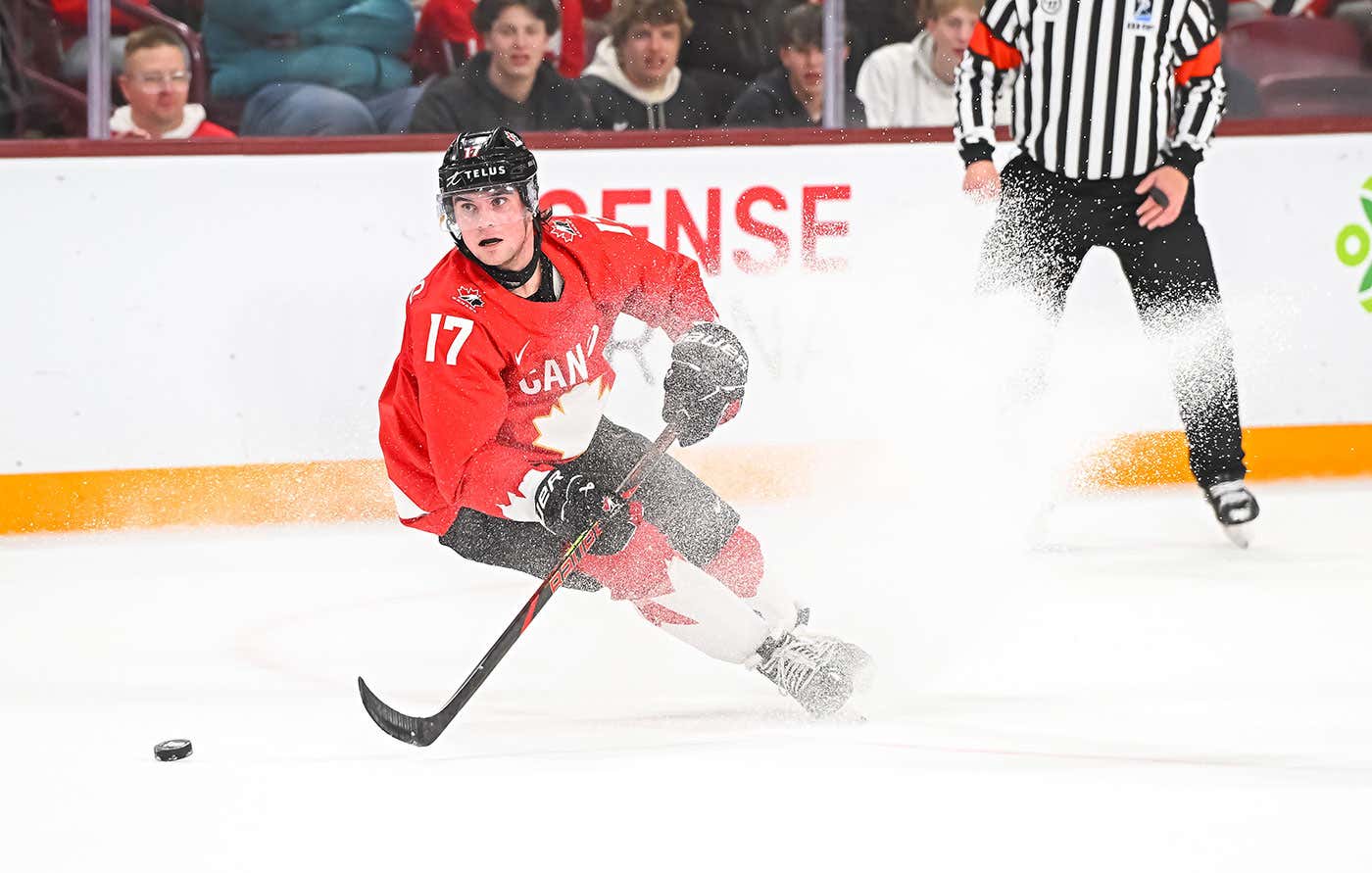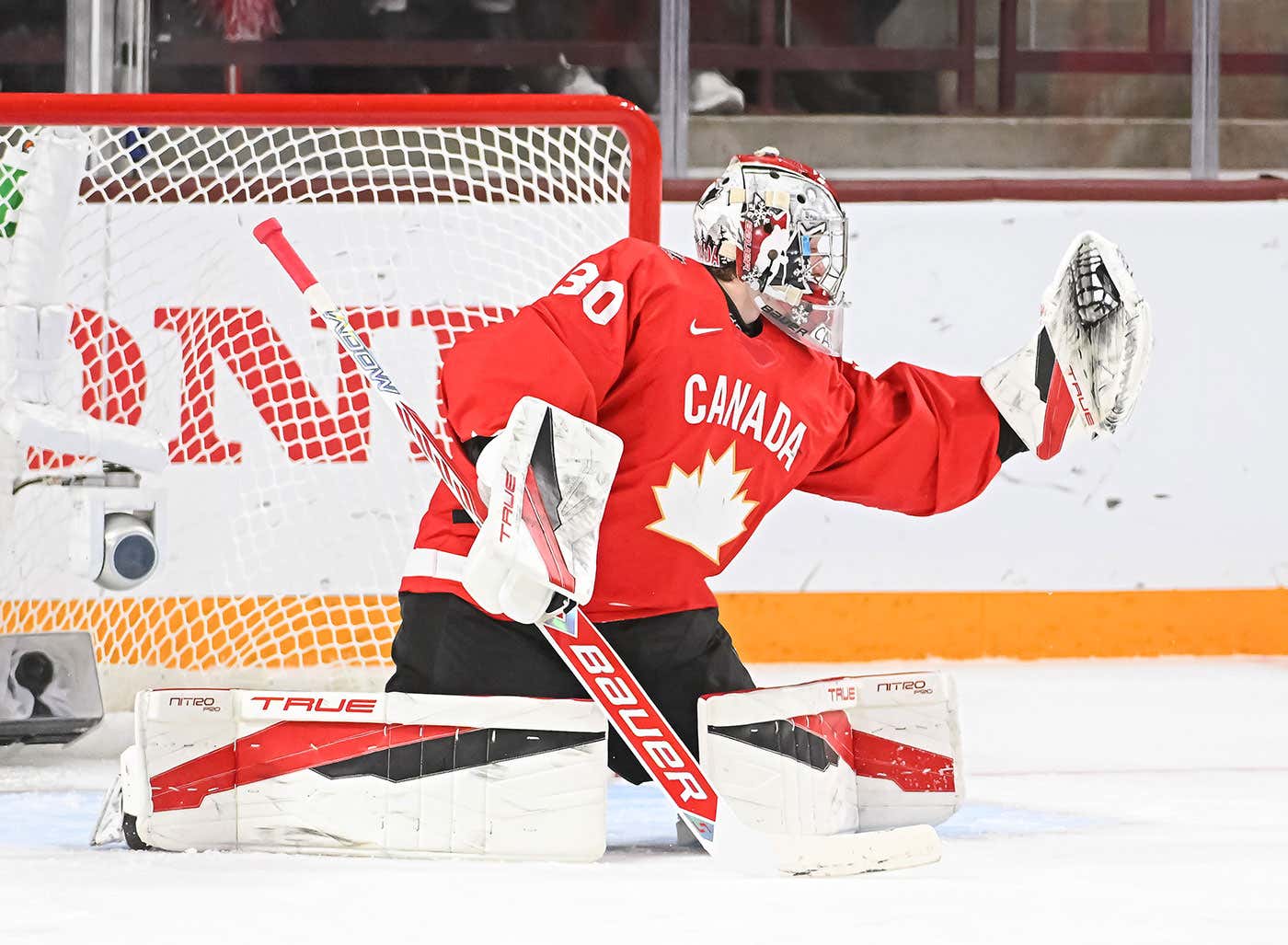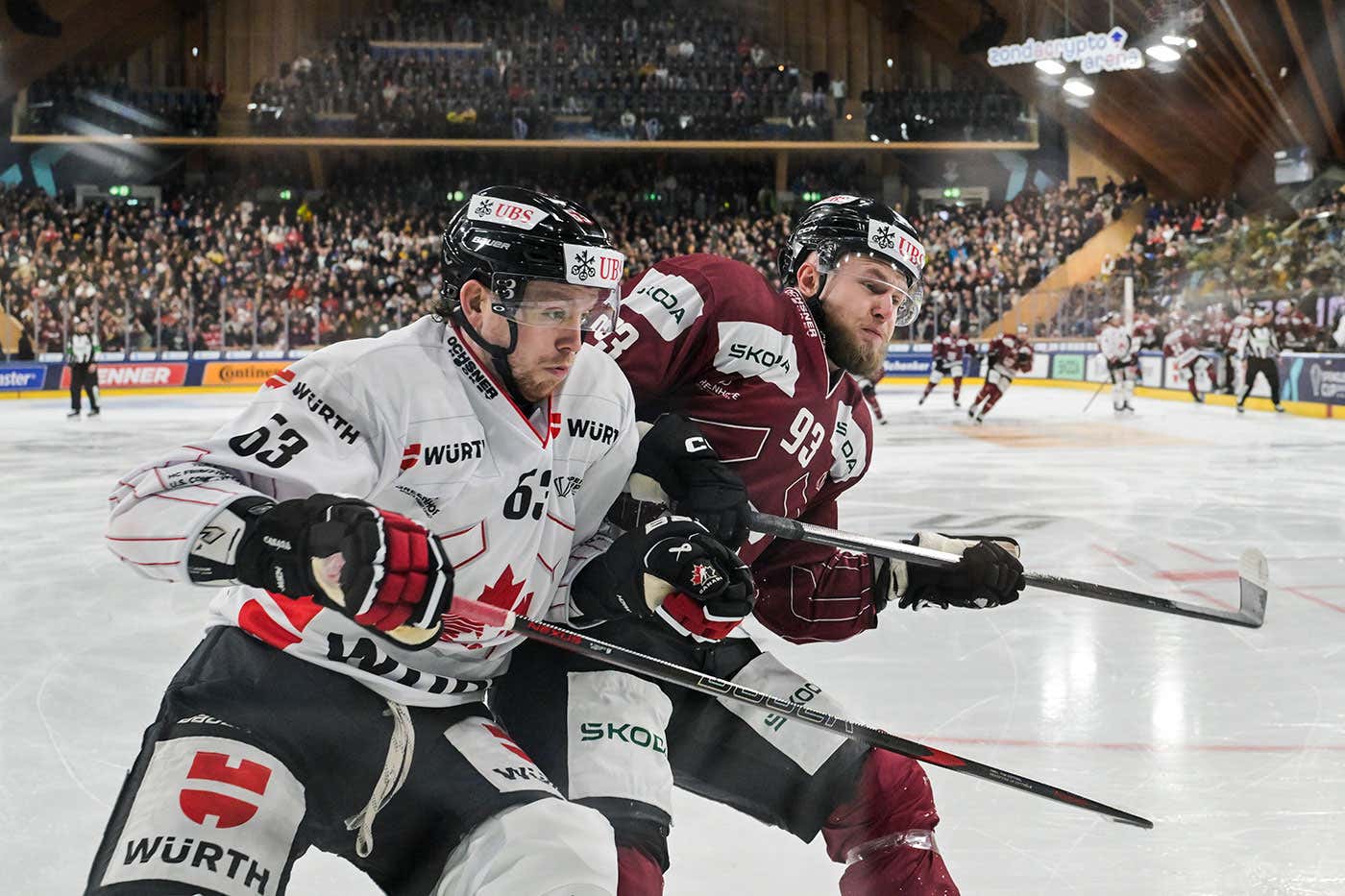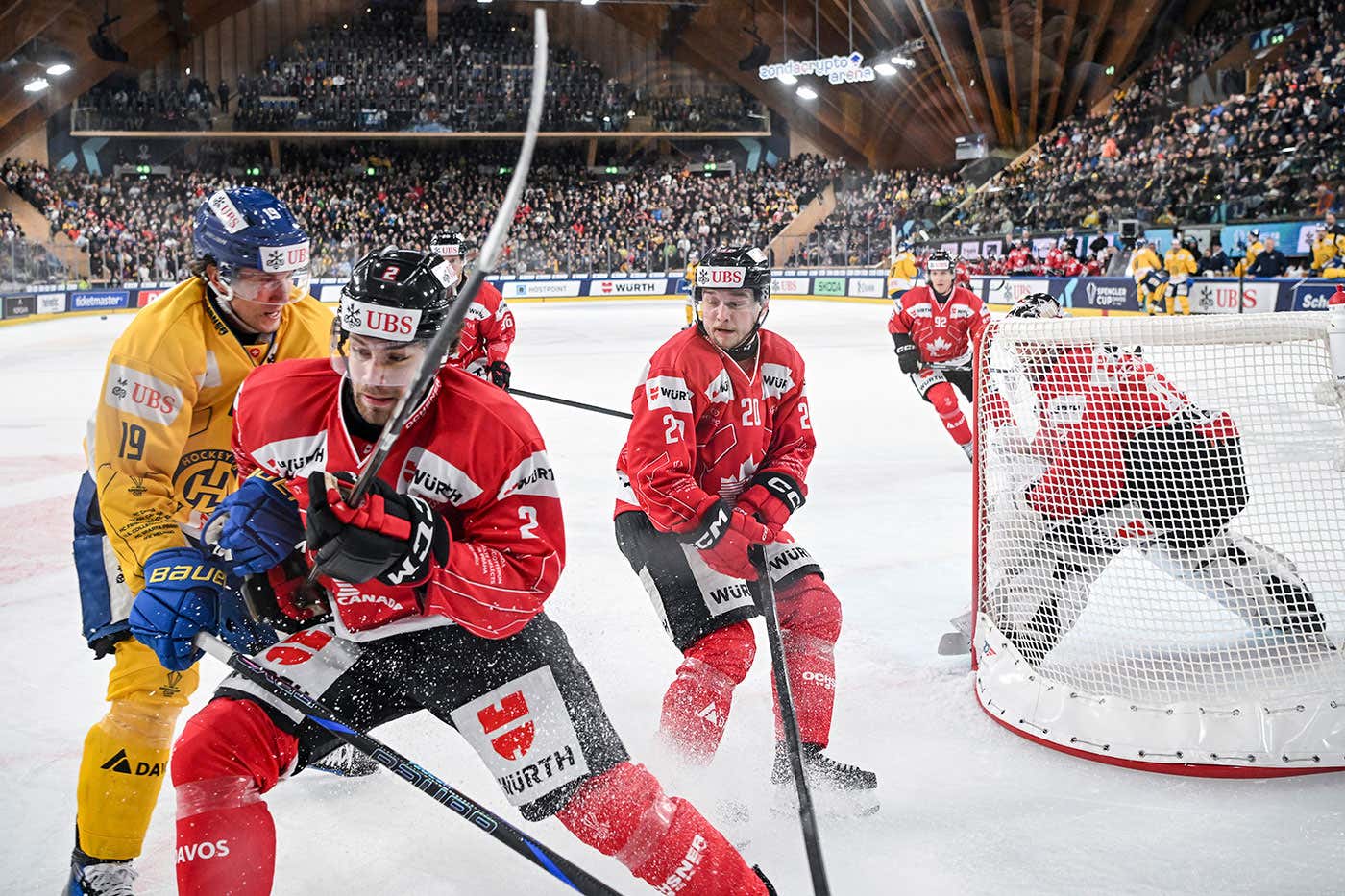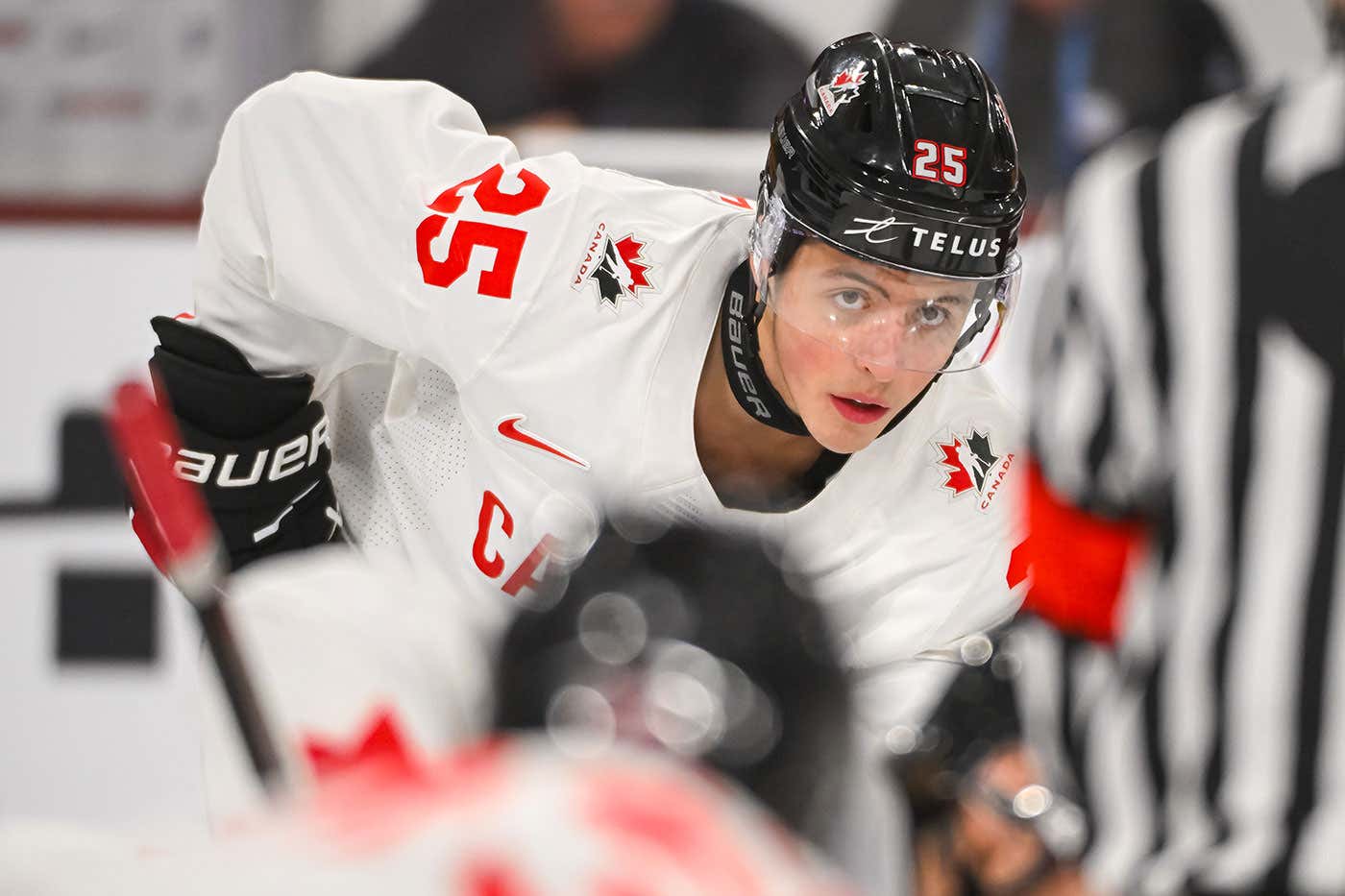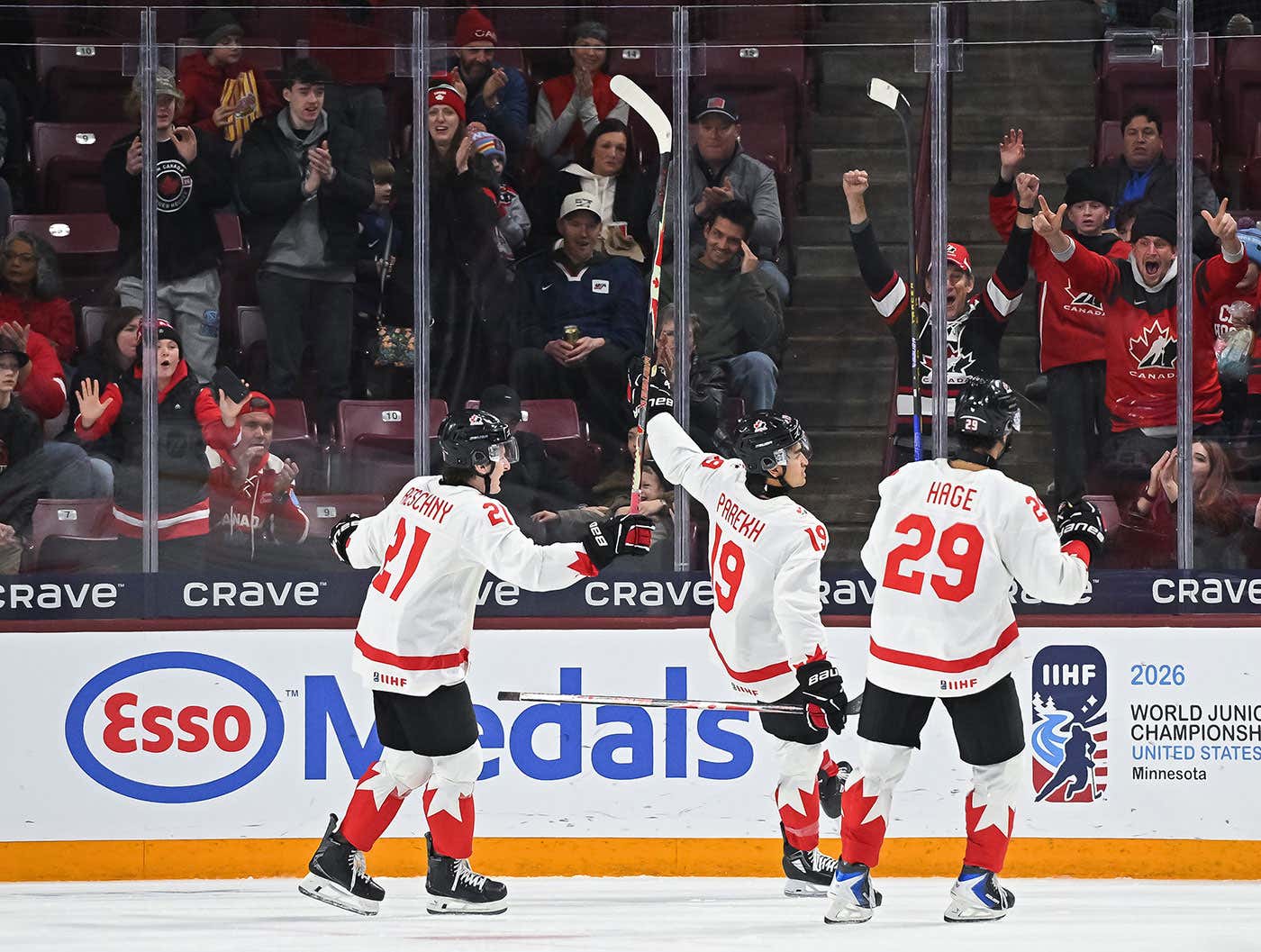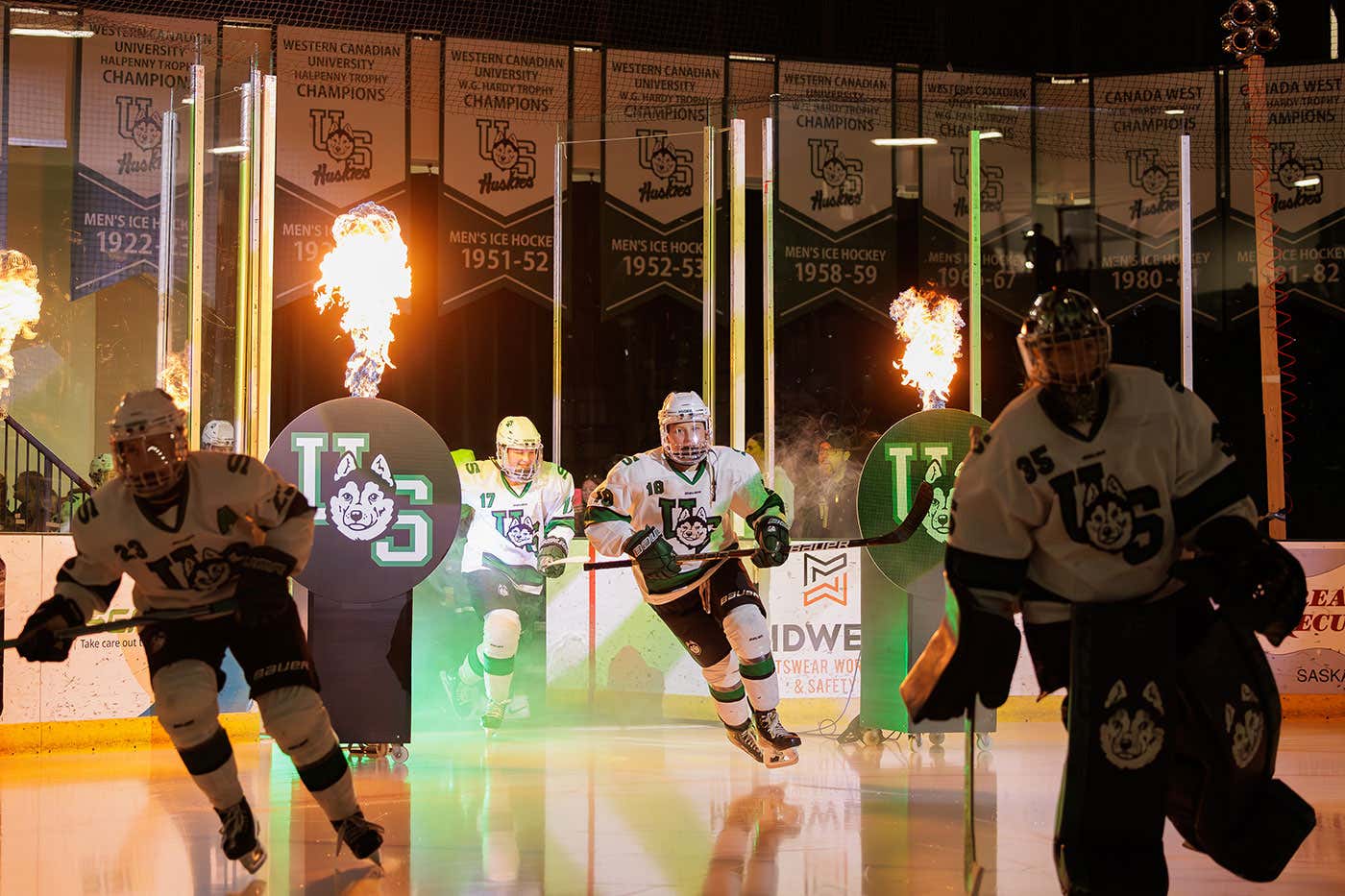
Schedule
Team Canada (Men)
2026 Olympic Winter Games | Feb. 11-22, 2026
IIHF U18 Men’s World Championship | Apr. 22 - May 2, 2026
IIHF World Championship | May 15-31, 2026
Junior A World Challenge | Dec. 7-13, 2025
U17 World Challenge | Nov 2-8, 2025
IIHF World Junior Championship | Dec. 26, 2025 - Jan. 5, 2026
Spengler Cup | Dec. 26-31, 2025
Search
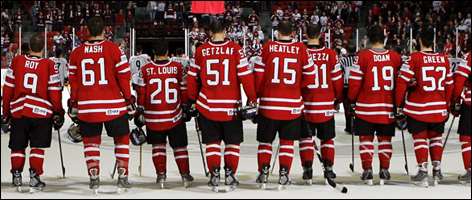
Canada Enters World Championship With Nash and Others Seeking Redemption

Rick Nash's last memory of the IIHF World Hockey Championship is one he'd just as soon forget.
Sitting in the penalty box, he had a front row seat for Ilya Kovalchuk's golden goal three years ago in Quebec City. Nash had accidentally cleared the puck over the glass from his own zone and Russia wasted no time capitalizing on the error in front of a stunned home crowd.
“It was devastating,” said Ken Hitchcock, the Canadian coach then and now.
Nash will captain the team when it opens the tournament this week in Slovakia, but he is far from the only player on the roster with first-hand knowledge about how tough it will be to win. Three others have lost gold-medal games in recent years and six were part of the squad that finished a disappointing seventh last spring.
If there's one unifying theme the runs through a group of players from 11 different NHL teams, it's the desire to seek some measure of redemption.
Hockey Canada expects to bring home gold every time it sends a team to this event, but that standard has proven extremely difficult to achieve. The country has won the world championship five times over the past 20 years, the last coming in Moscow in 2007 thanks in large part to a dominant performance from Nash.
The building blocks for this year's team started to be assembled more than a week ago when the 19 committed players – a few more are still to be added by general manager Dave Nonis – gathered for a relaxed training camp split between Paris and Prague.
With nine tournament games needed to win gold, the goal is to ease into the 19-day event.
“You have to really focus on the bonding and togetherness and fun,” said Hitchcock. “Because when it starts to crank up it's like a toboggan going downhill – it gets going and then it really gets going fast.
“You can't carry too much of a burden with you early by overcooking things.”
Canada will take its first meaningful steps with a game against Belarus on Friday in Kosice, Slovakia. It will also face France and Switzerland in the preliminary round – games that will be important as the players attempt to grow into a cohesive unit.
The oldest member of the group is 28-year-old centre Antoine Vermette, who is representing Canada for the first time. The most experienced players are Nash, Jason Spezza, Dion Phaneuf and Brent Burns, all of whom have played in a gold-medal game at the world championship.
Among the six returnees from last year are John Tavares, Matt Duchene and Jordan Eberle, who are exactly the kind of players Hockey Canada loves sending to this tournament. Still only 20, each of those talented forwards is eager to make a statement on the international stage and help put his name in the conversation for the next Olympic team.
Nonis is permitted to add as many as six more bodies to his roster before the end of the event, but he's unlikely to call on that many.
“We felt that if we could put together a strong group right off the bat that it would allow them to come together and do some of the growing pains that you need to become a team,” said Nonis.
The biggest decision facing Hitchcock's coaching staff is how to use the goaltenders.
James Reimer of the Toronto Maple Leafs and Devan Dubnyk of the Edmonton Oilers are both coming off their rookie season in the NHL, although Dubnyk attended last year's world championship as an alternate. While Nonis plans to add a third goalie to the mix for this event, it won't necessarily be someone with more experience than those two.
“We told both James and Devan that we don't know where they're going to play – they might be the No. 1, they might be the No. 2,” said Nonis. “They're pretty young guys so you look at them and say there's not a whole lot of experience. But the flipside of that is both of those players were No. 1 goaltenders for significant stretches during the course of this season.
“They've both played some pretty big games and we're comfortable that if those are our two goaltenders throughout the whole tournament we'll be fine.”
Canada will be facing a familiar group of challengers.
Just six countries have claimed world championship gold over the last two decades and the Czechs proved
last year that it doesn't always take a star-studded roster to get it done. Led by veteran Jaromir Jagr and
playing with only three current NHLers, they knocked off a talented Russian team that included Alex Ovechkin,
Ilya Kovalchuk, Evgeni Malkin and Pavel Datsyuk.
Both of those countries should be tough again.
Kovalchuk is back once more for Russia while the Czechs managed to lure a stronger crop from the NHL, including Patrik Elias, Martin Havlat and Milan Michalek. Other top contenders include Sweden and Finland, who are in the mix for a medal virtually every year.
The biggest wild card is Slovakia, which is hosting this event for the first time since becoming an independent state and will be looking to build off a fourth-place finish at the Vancouver Olympics. All of its games are slated for the 9,500-seat Orange Arena in Bratislava and players are hoping to feed off an anticipated wave of enthusiasm from fans.
“People are really fired up,” said Slovak defenceman Milan Jurcina. “The tickets are already sold out for Slovakia games and I think Canada, too. It should be pretty great crowds.”
The atmosphere is one of the main things that separate the world championship from what players are accustomed to seeing in the NHL. Fans often chant, sing and stomp throughout a game – behaviour seldom seen in North American arenas.
It's just one of the many learning experiences this event offers those who have had their NHL season end early. The world championship also allows players to compete on the bigger international ice surface, face different defensive styles and, of course, win a gold medal while representing their country.
Nash has already experienced international success since the disappointing finish to the 2008 world championship. He was a member of the Olympic team that blitzed Russia in the quarter-finals on the way to winning gold at the Vancouver Games last year – a result Hitchcock believes was directly related to information gleaned from the loss in Quebec City.
“I think that game really helped from a planning standpoint when we played against (Russia) in the Olympics,” said Hitchcock. “(We) had gone through the experience of sitting back on your heels a little too much and being afraid of what they can bring.
“We just went right after them and stayed after them. We didn't let up.”
It will no doubt be a lesson he reminds this team about before the gold medals are handed out in Bratislava on May 15.
For more information: |
- <
- >

















